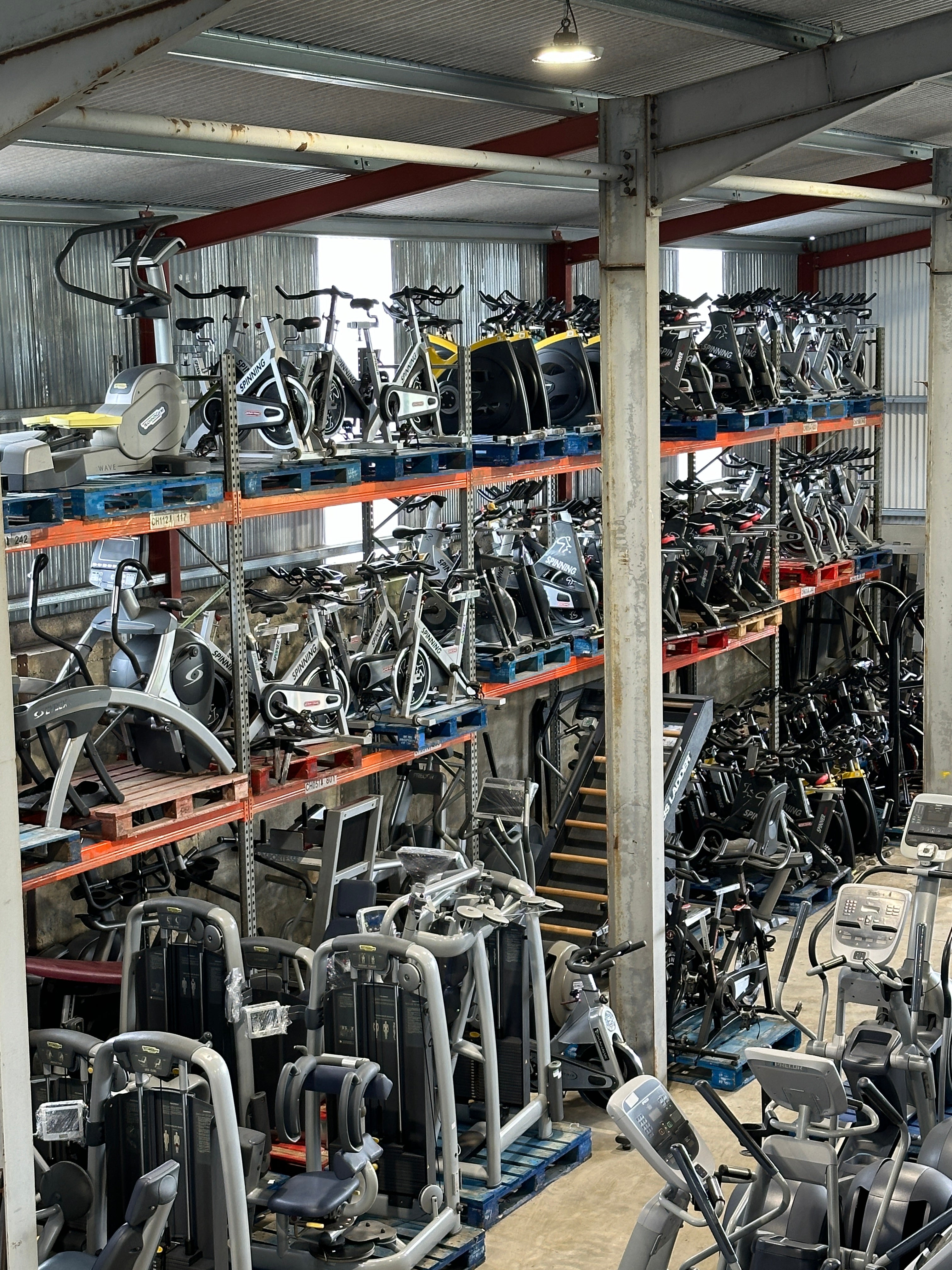
1
/
of
6
Price Match Guarantee
New & Used Gym Equipment
PACKAGES
-

 Sale
SaleStrength Package
Regular price £1,199.00 GBPRegular priceUnit price / per£1,699.00 GBPSale price £1,199.00 GBPSale -
Swiss Strength Package
Regular price £1,495.00 GBPRegular priceUnit price / per£1,999.00 GBPSale price £1,495.00 GBPSale -
NordicTrack Elite Package
Regular price £2,750.00 GBPRegular priceUnit price / per£3,000.00 GBPSale price £2,750.00 GBPSale -
Pulse Fitness Package
Regular price £10,500.00 GBPRegular priceUnit price / per£12,600.00 GBPSale price £10,500.00 GBPSale -
Swiss Strength Package
Regular price £999.00 GBPRegular priceUnit price / per£1,199.00 GBPSale price £999.00 GBPSale
























